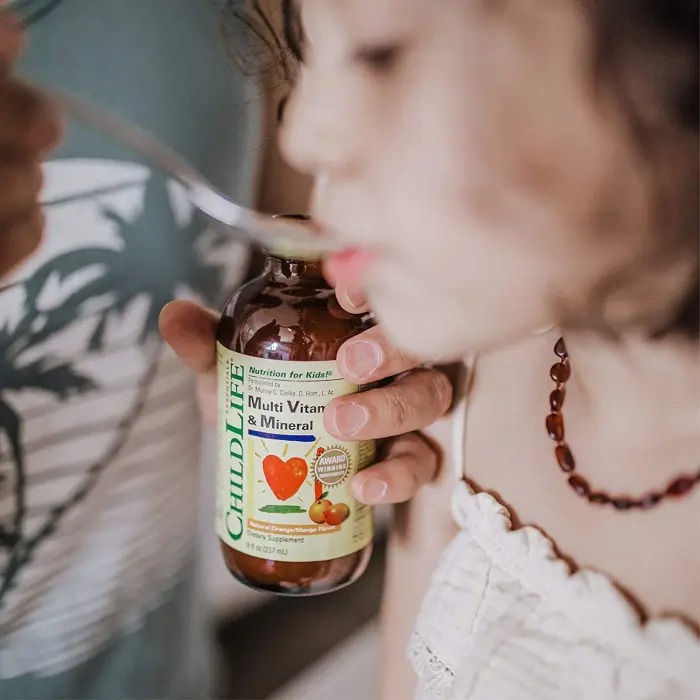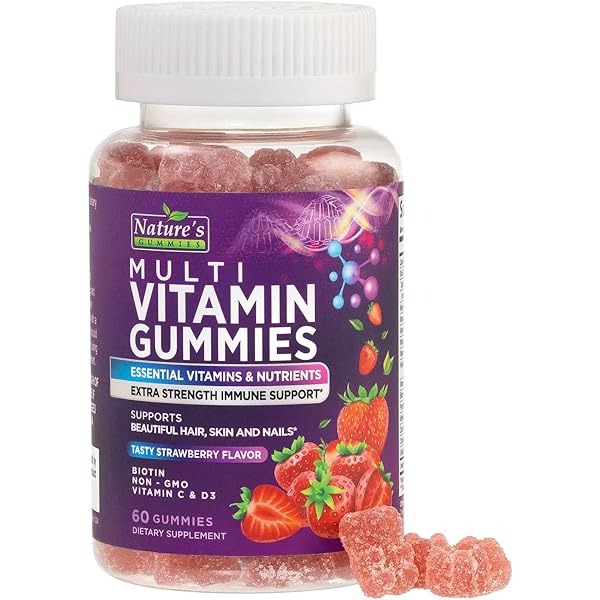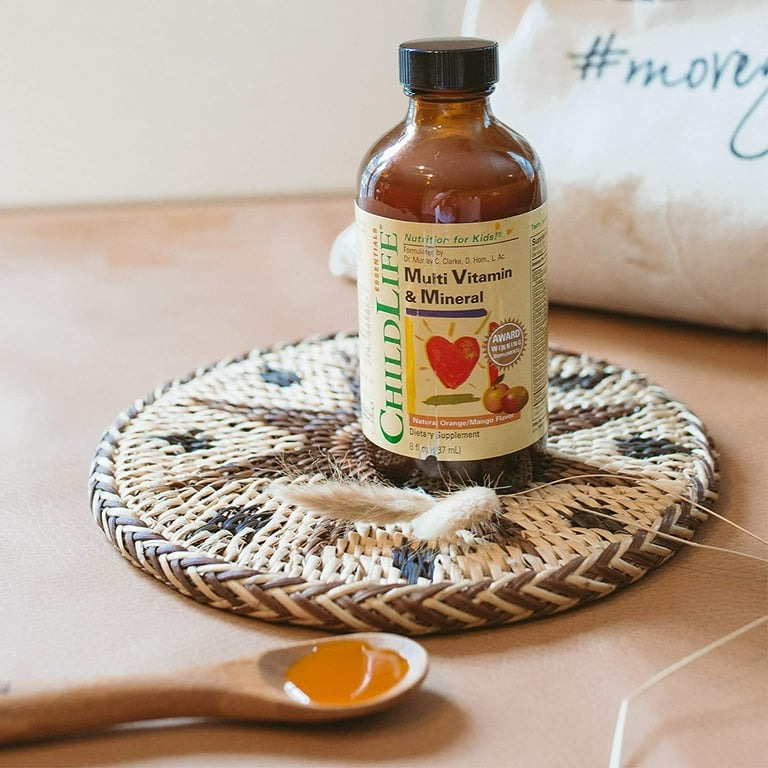
The Importance of Vitamins in Toddler Development
Vitamins are key building blocks for toddlers as they grow. These nutrients support their ever-changing bodies and minds. Parents need to ensure their little ones get a healthy mix of vitamins. This keeps toddlers strong, sharp, and full of vitality.
Role of Vitamins in Physical Growth
Vitamins are crucial for toddlers’ physical development. Vitamin A boosts growth and aids vision. The B vitamins are vital for converting food into energy. Vitamin D helps assimilate calcium for strong bones. Toddlers need these and other vitamins to develop properly.
Cognitive Benefits & Nutritional Brain Support
Vitamins also play a vital role in brain development. Folic acid, found in the B vitamin complex, supports brain function. Vitamin E protects brain cells from damage. Vitamin C helps in developing a strong memory. For sharp minds and healthy neural development, toddlers need a range of vitamins.
Key Vitamins for Toddlers and Their Functions
Ensuring toddlers get enough vitamins is crucial for their overall health and development. We’ll explore the key vitamins that are essential for toddlers and explain their specific functions.
Vitamin A for Eyesight and Immune Health
Vitamin A is a powerhouse nutrient for toddlers. It promotes good eyesight, especially in low light. It also plays a crucial role in maintaining a strong immune system. Foods like sweet potatoes, carrots, and spinach are rich in vitamin A.
The B Vitamins Complex: Energy and Metabolism
The B Vitamins complex includes B1, B2, B3, B5, B6, B7, B9, and B12. These vitamins are pivotal for energy production and a healthy metabolism. They aid in the transformation of food into fuel. Avocados, legumes, and whole grains are good sources.
Vitamin C: Immunity and Iron Absorption
Vitamin C is vital for a robust immune system. It also helps with the absorption of iron, an important mineral for growth and development. Citrus fruits, strawberries, and bell peppers are excellent sources of vitamin C for toddlers.
Vitamin D for Bone Health and Immune Function
Vitamin D is critical for strong bones by aiding calcium absorption and contributes to immune health. Sun exposure and foods like salmon, egg yolks, and fortified milk provide toddlers with vitamin D.
Vitamin E for Antioxidant Protection
Vitamin E acts as an antioxidant, protecting toddler’s cells from damage. It’s found in foods such as almonds, sunflower seeds, and spinach. Including these in a toddler’s diet can help safeguard their developing body.
Vitamin K: The Blood Clotting Vitamin
Vitamin K is essential for proper blood clotting and bone metabolism. Foods like green leafy vegetables, fish, meat, and eggs are rich in vitamin K, and including them ensures toddlers get this vital nutrient.
Age-Appropriate Vitamin Dosage for Toddlers

Navigating the right vitamin dosage for toddlers is crucial. Too little or too much can impact growth and development.
Recommended Daily Allowances for Toddlers in 2025
By 2025, the recommended daily allowances (RDAs) for toddler vitamins continue to be refined. These RDAs ensure toddlers get just enough vitamins for optimal health. For example, Vitamin A may range from 300 to 600 mcg, while Vitamin C could be set at 15 to 25 mg daily. Stick to these guidelines to best support your toddler’s growth.
Signs of Vitamin Excess and Deficiency
Be aware of signs of vitamin excess, such as nausea or skin issues, which can arise from too many supplements. On the other hand, a deficiency might show as fatigue or slow growth. Identifying these signs early helps maintain a balanced vitamin intake for your little one’s well-being.
Natural Sources of Essential Vitamins
Natural sources are best for toddler vitamins. Foods like fruits, vegetables, and whole grains are packed with these nutrients. It’s important to know which foods can help meet a toddler’s vitamin needs.
Integrating Fruits, Vegetables, and Whole Grains
Fruits and vegetables are rich in vitamins and easy to add to a toddler’s diet. For example, serve apple slices as a snack, or add spinach to an omelet. Whole grains like oatmeal also offer B vitamins for energy. Make meals colorful with a variety of these foods each day.
Some good fruit choices for vitamin C include oranges and kiwis. Green vegetables like broccoli and peas are high in vitamins A and K. Grains like brown rice provide B vitamins and are good for digestion.
The Role of Dairy and Protein in Toddler Nutrition
Dairy and protein foods are vital too. Milk, cheese, and yogurt give toddlers calcium and vitamin D. This keeps bones strong as they grow. Lean proteins like chicken and fish are high in B vitamins and iron. Always pick fresh, whole foods over processed ones to give your toddler the best nutrition.
Vitamin Supplements vs. Whole Foods

While a diet rich in natural foods is ideal for a toddler’s nutrition, there are times when vitamin supplements can play a crucial role. It’s important to balance the use of supplements with whole foods to ensure toddlers receive all the necessary nutrients for their growth and development.
When Are Supplements Necessary?
Vitamin supplements may become necessary in certain situations for toddlers. These include:
- Picky eaters who refuse a variety of foods.
- A diet with limited diversity, lacking in certain food groups.
- Medical conditions that affect nutrient absorption or increase nutritional needs.
- Special dietary needs, such as vegan or vegetarian lifestyles that might omit certain nutrients.
- Living in regions with limited sunlight that could cause Vitamin D deficiency.
In such cases, consulting a healthcare provider is key to determine if supplements are needed.
Choosing High-Quality Vitamin Supplements
When choosing vitamin supplements for toddlers, quality matters. Keep these tips in mind:
- Look for brands that have been tested for safety and efficacy.
- Choose supplements without harmful additives or high sugar content.
- Verify that the supplement has the appropriate dosage for a toddler.
- Consider whether the product has been certified by a recognized authority.
- Read reviews and seek recommendations from other parents or healthcare providers.
Ensuring the quality of supplements will help safeguard your toddler’s health. Supplements are not a substitute for a balanced diet but can be beneficial when used appropriately, under professional guidance.
Innovations in Toddler Nutrition by 2025

As we gaze ahead to 2025, advancements in toddler nutrition are exciting. Innovative products are shaping how toddlers receive their essential vitamins.
Fortified Foods and Cutting-Edge Supplements
In 2025, toddlers have access to an array of fortified foods. These include cereals, juices, and snacks enriched with vitamins for growth. Advances in supplement technology offer tailored vitamins to meet individual toddler needs. For picky eaters or those with dietary restrictions, these options are crucial.
These food innovations use the latest science to pack more nutrients into smaller servings. They target gaps in a toddler’s diet and help maintain optimal vitamin levels. Parents can expect products that are not only nutritious but also safe and appealing to toddlers.
The Role of Technology in Monitoring Toddler Nutrition
Technology plays a bigger part in monitoring toddler vitamins. Apps and devices now track vitamin intake and alert parents to deficiencies. They help to plan balanced meals and remind about supplement dosages. This ensures toddlers get the right amount of each vitamin.
Smart gadgets scan food items to assess their vitamin content. They suggest meal ideas that can boost nutrient intake. It’s never been easier for parents to keep a close eye on their toddler’s nutritional health.
These tech tools are becoming more user-friendly and accessible. They provide insights that help parents make informed decisions about their child’s diet.
By integrating these innovations, parents can confidently support their toddler’s growth and health.





